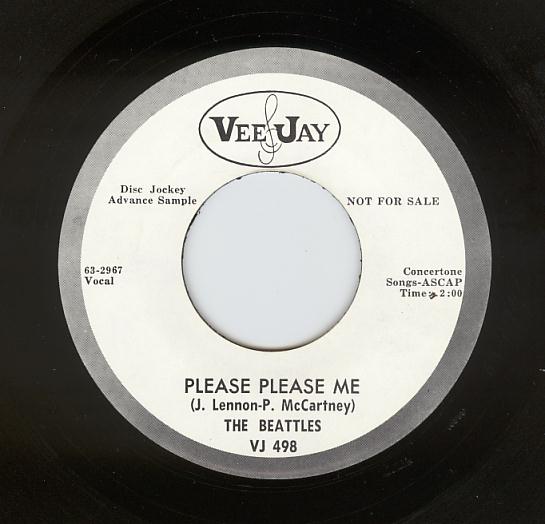The pursuit of excellence and innovation — and rare Beatles records
By Erika D. Peterman, FMA Managing Editor
Since moving to Florida and joining the FMA in the 1990s, opthalmologist Robert Friedman, MD, FACS, has prioritized giving back to medicine and influencing its future. In addition to delivering patient care at The Eye Associates, a Sarasota-based ophthalmology practice, Dr. Friedman is an educator, an active member of the medical community, and an advocate for excellence in ophthalmic care. A Diplomate of the American Board of Ophthalmology, he was the first ophthalmologist in Florida to insert the novel Durysta dissolvable implant for intraocular pressure control in the treatment of glaucoma.
“Preventing vision loss and restoring vision is a truly remarkable feeling, and I feel privileged to be able to offer my expertise and talent to my patients and our community,” said Dr. Friedman, who also has served as a principal investigator for numerous glaucoma clinical trials during his career in private practice.
Read our Q&A with this dynamic physician and former college radio station DJ, who happens to have one of the largest collections of vintage and rare vinyl Beatles records in the country.
Q: What do you find most rewarding about your roles as a practicing opthalmologist and a medical educator who works with future physicians?
“I find most rewarding in my role as an ophthalmologist the ability to treat and care for patients with debilitating eye diseases. Preventing vision loss and restoring vision is a truly remarkable feeling, and I feel privileged to be able to offer my expertise and talent to my patients and our community. I am also on staff at the Florida State University College of Medicine as an Assistant Clinical Professor and enjoy having third-year and fourth-year medical students rotate through my practice. I get satisfaction from teaching them something that is not generally taught in their first two years of medical school and hope that they use that knowledge for whatever specialty of medicine they pursue in the years to come.”
Q: How has FMA membership been helpful to you in your practice of medicine over the years?
“I moved to Florida in 1993 after completing my glaucoma fellowship in New York City and joined the Florida Medical Association five years later. For me, the FMA has always advocated for the profession of medicine and has worked diligently to prioritize legislation to support the physician-patient relationship. Moreover, their participation in CME activity, licensure requirements, and billing and coding issues is unparalleled.
“Since joining the FMA, I have worked at four different ophthalmology practices. Membership in the FMA encouraged me also to be a member of the local county medical society. Presently, I have been a member of the Sarasota County Medical Society for over 23 years. Being a member of the SCMS has given me the opportunity to meet new and seasoned physicians of all specialties and network with them to help build my practice and theirs. The half-dozen social events each year are always fun and exciting opportunities to meet colleagues and their significant others who reside in our community. These functions also give me the opportunity to see other ophthalmologists in my community and discuss with them new treatment modalities, surgical procedures and patients we have in common.”
Q: Why is it important to you to be actively involved in your profession through organized medicine and certifying organizations such as the American Board of Ophthalmology?
“The American Board of Ophthalmology has taken a large role in advancing the quality of care of patients through the physician certification process. Requirements for continuing education and board certification every 10 years promote a lifelong learning experience that is paramount in keeping up with the advances of both the medical and surgical aspects of this specialty. Being a Diplomate of the ABO demonstrates one’s competency and excellence in the field of ophthalmology, and I believe many patients seek out boarded surgeons for their eye care. I am proud to have maintained my certification throughout my career.”
 Dr. Friedman’s collection of vinyl records includes this rare gem from 1963: The Beatles’ single “Please Please Me,” with the band’s name misspelled.
Q: What is your greatest find so far as a collector of vintage Beatles records?
Dr. Friedman’s collection of vinyl records includes this rare gem from 1963: The Beatles’ single “Please Please Me,” with the band’s name misspelled.
Q: What is your greatest find so far as a collector of vintage Beatles records?
“I started collecting vinyl records after becoming a radio station DJ at Vanderbilt University. At that time, there were only vinyl records — no compact discs or digital music. I’d always been a collector of something (while) growing up. Since college, I have amassed one of the largest Beatles collections in the country and enjoy finding new records at trade shows, record stores, and online. My favorite Beatles record is probably their first single released in 1963 on the Vee-Jay record label. Before Beatlemania hit the United States in 1964, they were an obscure group. Their first release misspells the group’s name as ‘The Beattles,’ with two Ts. These are very rare, indeed, and in much demand nowadays.”